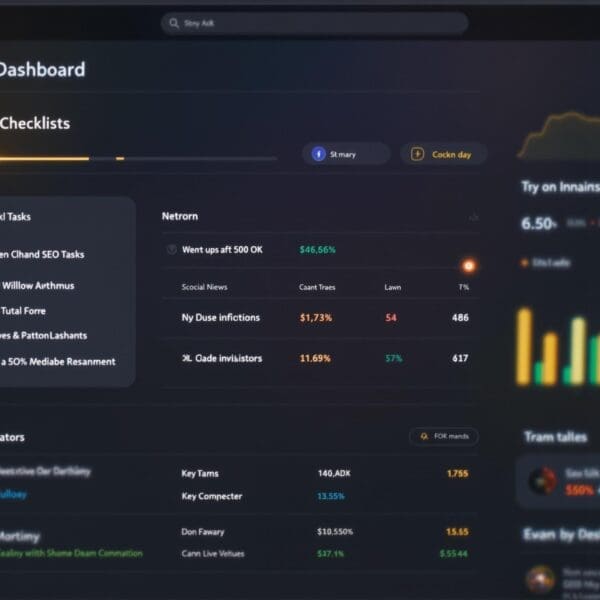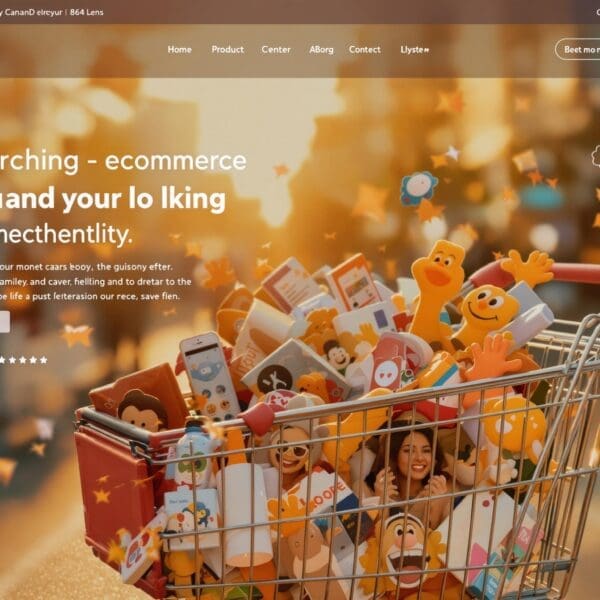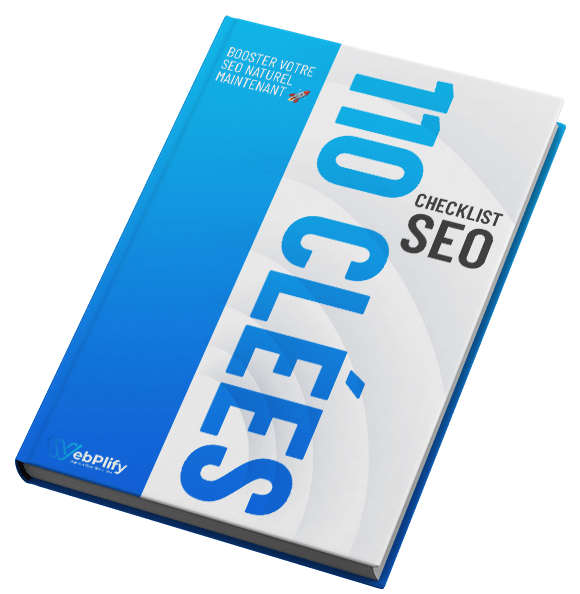Optimize your meta tags is crucial to improving your website’s visibility in search results.
- Meta tags provide essential information for search engines
- The title tag and meta description are particularly important for SEO.
- Careful optimization can increase click-through rates and improve user experience
- Optimizing meta tags should be a continuous process of adjustment and testing
Optimizing meta tags is an essential pillar of SEO. These HTML elements, invisible to visitors but crucial to search engines, play a decisive role in your website’s visibility. Mastering their use will enable you to significantly improve your positioning in search results and attract more qualified traffic to your pages.
Table of contents
ToggleMeta tags: indispensable assets for your SEO
Meta tags are lines of HTML code inserted in the section of your web pages. They provide essential information to search engines about the content and structure of your pages. Although not directly visible to users, these tags greatly influence the way your site is perceived and ranked by search algorithms.
The most important meta tags for SEO include :
- The title tag
- The meta description
- Hn tags (H1, H2, etc.)
- The alt attribute for images
- schema.org structured data
Each of these tags plays a specific role in the optimization of your site. The title tag, for example, defines the title that will be displayed in search results. It is considered one of the most important factors in SEO. The meta description, on the other hand, provides a concise summary of the page’s content, encouraging users to click on your link.
Optimizing these meta tags not only improves your ranking in search results, but also increases your click-through rate (CTR) and enhances the user experience. That’s why it’s vital to write them carefully and optimize them for each page of your site.
Over the course of my career, I’ve had the opportunity to work on numerous SEO projects for a wide range of companies, from law firms to online stores. This experience has shown me the considerable impact that careful optimization of meta tags can have on a website’s visibility. To deepen your knowledge of the fundamentals of SEO, I recommend this detailed article on the basics of SEO.
Optimize your meta tags effectively
To take full advantage of meta tags, it’s essential to follow certain best practices. Here are a few tips for optimizing the main meta tags:
The title tag
The title tag is crucial to SEO and must be carefully crafted. Here are the key points to bear in mind:
- Uniqueness: each page must have a unique title
- Length: 50-60 characters maximum (approx. 580 pixels)
- Relevance: include the main keyword at the beginning of the title
- Accuracy: faithfully reflect page content
The meta description
Although it has no direct impact on ranking, the meta description does influence the click-through rate. To optimize it :
- Uniqueness: write a unique description for each page
- Length: 150-160 characters maximum (approx. 920 pixels)
- Keywords: include the main keyword and secondary keywords
- Attractiveness: write catchy, clickable text
- Relevance: make sure it accurately reflects the page content
It’s worth pointing out that search engines can sometimes ignore the meta tags provided and display their own description if they deem it more relevant. That’s why it’s crucial to create quality content that perfectly matches your meta tags.
To illustrate the importance of these elements, here is a comparative table of good and bad practices:
| Element | Good practice | Bad practice |
|---|---|---|
| Title tag | “SEO Optimization : Complete guide to meta tags | Webplify” | “Meta tags – SEO – Search Engine Optimization – Guide” |
| Meta description | “Discover how to optimize your meta tags to boost your SEO. Expert guide with practical advice and real-life examples.” | “SEO meta tags search engine optimization Google search engines visibility website traffic organic tag title meta description H1 H2 alt image schema.org” |
As an SEO expert, I’ve often found that many websites neglect to optimize their meta tags, similarly losing a valuable opportunity to improve their visibility. To deepen your knowledge of advanced SEO techniques, I invite you to consult this comprehensive guide to the 10 pillars of SEO.

Structuring your content with Hn tags
Hn tags (H1, H2, H3, etc.) play a crucial role in structuring your content. They help search engines understand the hierarchy and organization of your pages. Here are a few key points to remember:
- Use a single H1 tag per page, usually for the main title.
- Include your important keywords in Hn tags
- Follow a logical hierarchy (H1, then H2, H3, etc.)
- Use Hn tags to structure your content clearly and coherently
A well thought-out structure not only improves search engines’ understanding of your content, but also enhances the user experience. Visitors can actually navigate your content more easily and quickly find the information they’re looking for.
Expert tip: Use tools like SERP (Search Engine Results Page) simulators to preview how your meta tags will appear in search results. This will enable you to optimize their length and attractiveness even before you put them online.
It’s also advisable to test different versions of your meta tags to identify which ones generate the best click-through rates. This continuous optimization approach will enable you to refine your SEO strategy over time and constantly improve your search engine performance.
To take your optimization strategy a step further, I invite you to discover these 14 essential keys to improving your website’s SEO. You’ll also find additional techniques to help you maximize your online visibility.
Refine your SEO strategy with meta tags
Optimizing meta tags is an ongoing process that requires constant attention and regular adjustments. Here are a few additional points to keep in mind:
- Stay natural: avoid keyword stuffing in your meta tags
- Be consistent: make sure your meta tags match the content of your pages
- Test and measure: use analysis tools to assess the impact of your optimizations
- Adapt: take into account changes in search engine algorithms
Remember that meta tags are only one aspect of your overall SEO strategy. For best results, combine meta tag optimization with other SEO techniques, such as quality content creation, technical site optimization and relevant link building.
By mastering the art of meta tag optimization, you give your website the best chance of standing out in an increasingly competitive digital landscape. With perseverance and a methodical approach, you’ll gradually see your visibility improve and your organic traffic increase.















